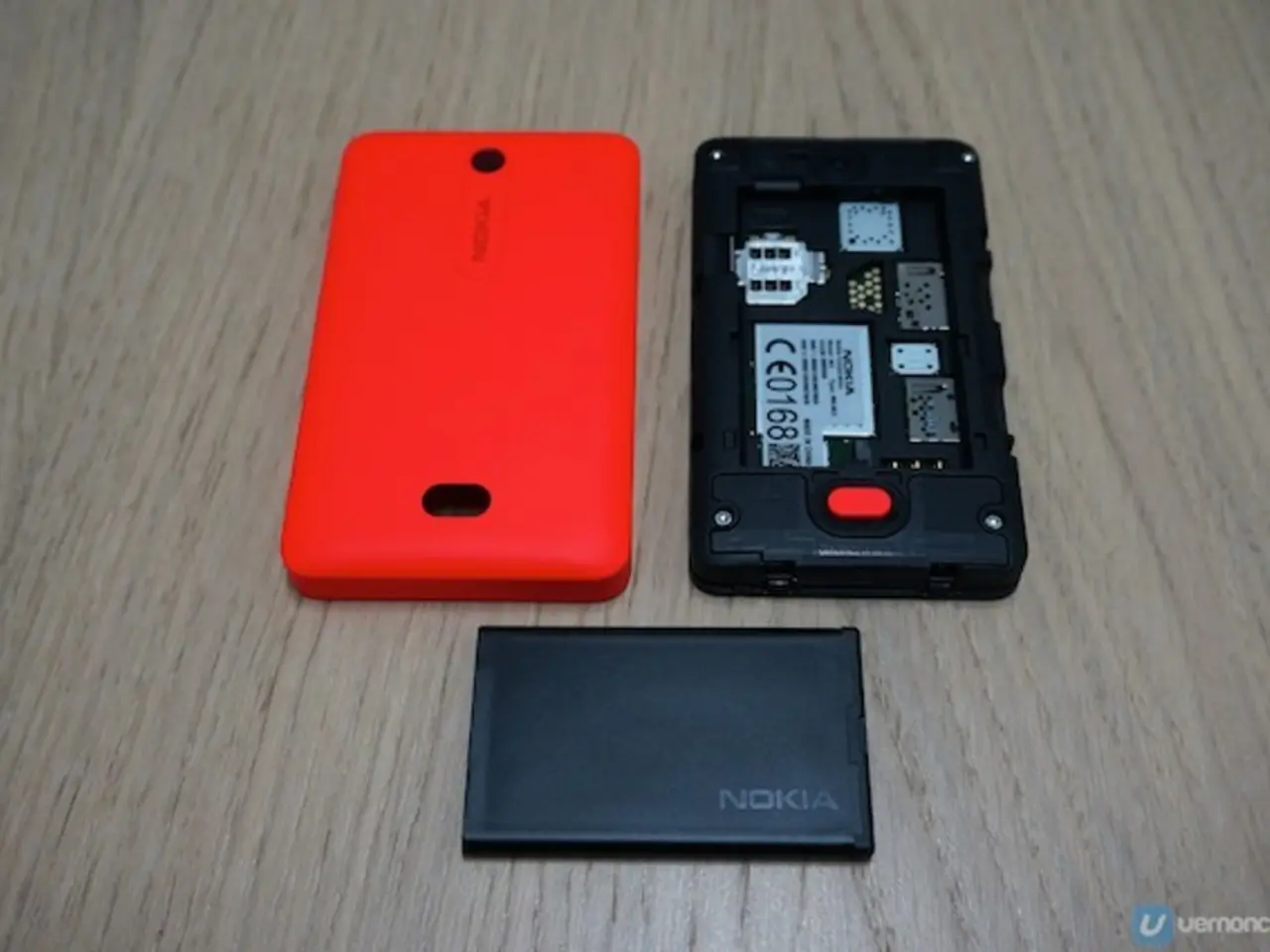Lumafield Exposes 18650 Battery Quality Crisis: Low-Cost Cells Pose Fire Risk
Lumafield, a leading industrial imaging company, has revealed alarming findings about the quality of 18650 cells, a common type of rechargeable lithium-ion battery. The study, involving CT scans of numerous cells from various brands, has highlighted significant construction issues in many of these batteries, particularly those from low-cost and counterfeit suppliers.
The construction of an 18650 cell is intricate, involving the rolling up of various layers in a spiral inside a metal tube. Lumafield's scans revealed that low-quality cells often have fewer layers in their spiral, with poorly aligned or irregular edges. This is in stark contrast to higher quality cells, which typically have straight edges and no electrode overhang, as seen in ideal constructions.
The 'jellyroll' construction of these cells is crucial to their quality and safety. Poorly made cells, often from cheap, no-name suppliers distributed through large online marketplaces like Temu and Amazon, were found to have critical defects leading to an increased fire risk. Established brands such as Samsung, Panasonic, and Murata, however, showed no such faults in their cells.
Even well-constructed 18650 cells can pose dangers without proper protection. Consumers are advised to purchase from reputable sources to ensure the safety and longevity of their batteries. Lumafield's report serves as a stark reminder of the importance of quality control in the production of these essential energy storage devices.
Read also:
- Exploring the Psychological Impacts of Plant Therapy and Enhancing Mental Health through Floral Interactions
- EU Faces Demand from Protesters to Halts Incineration of American-Owned Birth Control Products
- MERS (Middle East Respiratory Syndrome): A Comprehensive Overview and Treatment Guide
- Strategies to Maintain Optimal Eye Health Throughout Aging Process





